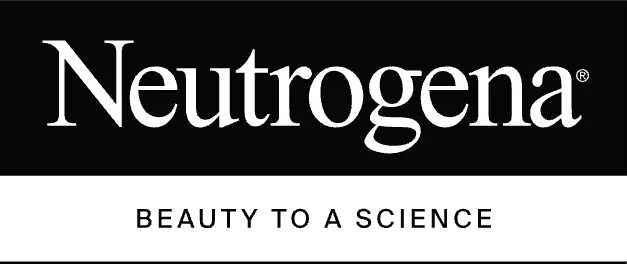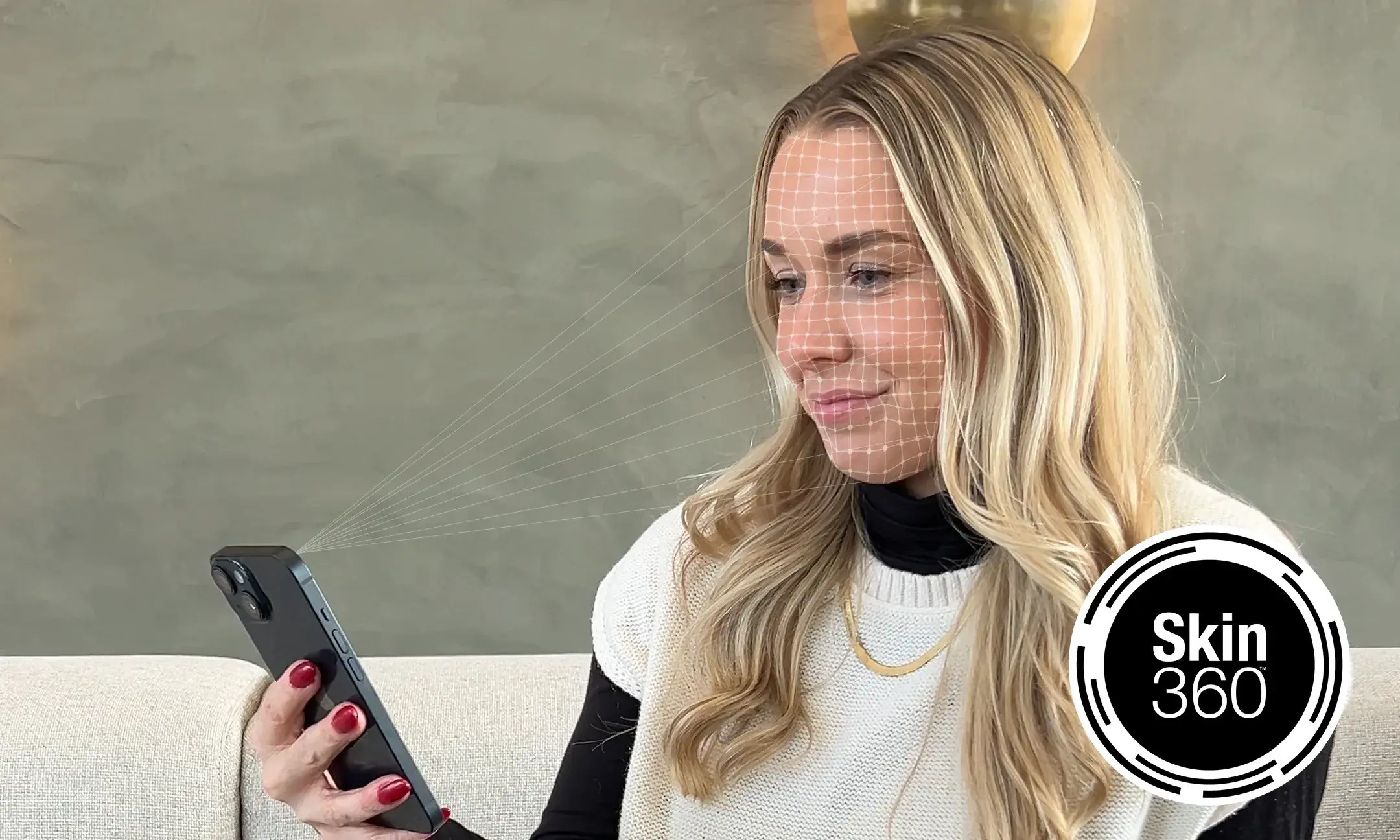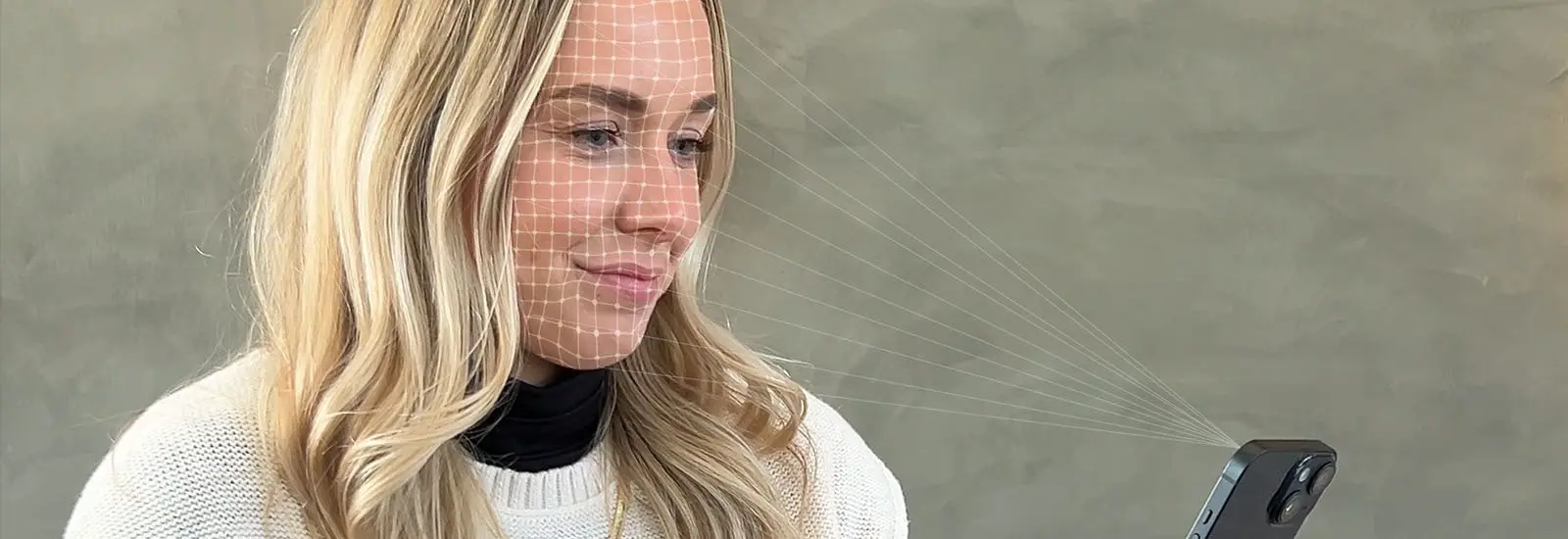If you love your daily exfoliant, it's time to extend your skincare vocabulary beyond AHAs and BHAs. Another kind of acid tends to fly under the radar: PHA, or polyhydroxy acid. Its ability to keep skin balanced and moisturized has earned it a place as a gentle yet effective route to glowing skin.
So, what is polyhydroxy acid, and does it deserve a spot on your skincare shelf? Let's take a look.
What Is PHA skincare (Polyhydroxy Acid)?
Like Alpha hydroxy acids (AHAs) and beta hydroxy acids (BHAs), polyhydroxy acids are chemical exfoliants that dissolve the bonds holding dead skin together. This allows the dead skin to shed more easily, revealing fresher, younger-looking skin underneath. The result? Visibly fewer dark spots, a more even and radiant complexion, and clarify the look pores.
What separates PHAs from the rest of the -HA crowd? Compared with AHAs and BHAs, these acids have larger molecules that can't penetrate as deep within skin’s surface. This makes PHAs much gentler and less likely to cause irritation — AKA a dry skin savior.
In a study from Europe PMC, PHAs were less likely to cause stinging and burning than AHAs. For those with dry skin, or sensitive complexion, PHAs are a way to get the post-facial glow of a chemical exfoliant without risking skin becoming tight or dry.
PHAs' gentle nature also make them a friendlier option for anyone who loves to soak in the sun. These acids don't create sun sensitivity, according to research from Clinical, Cosmetic and Investigational Dermatology, so you can use them during the daytime — unlike AHAs, which are best used at night. You'll still need to use broad spectrum sunscreen, of course, but you won't need to choose between skin that's soft and sun-kissed.
The skin benefits of PHAs
PHAs are versatile ingredients, and you'll get more than just exfoliation out of the mix. These gentle giants also:
Moisturize the skin. According to the journal Cutis, PHAs are natural humectants, meaning they draw moisture into the skin to keep it plump and hydrated.
Fight environmental damage. PHAs also work double duty as antioxidants to help fight external factors.
Reduce the effects of excess sugars. Glycation is a process in which excess sugars bind to vital skin proteins — including ones that keep skin taut, like collagen and elastin — and cause the breakdown of these proteins. Research from the Journal of the American Academy of Dermatology suggests that PHAs help preserve skin’s natural collagen.
Complements skin’s natural renewal process. Dead skin can appear dull and textured. PHAs help to exfoliate dead skin in a gentle manner. Complementing this natural skin process helps support smooth, soft, even-toned skin.
Remove pore-clogging debris. PHAs are a gentle way to do what many acids are famous for: sweep away pore-clogging dead skin and dissolve surface grime. Shaking off that extra layer helps clarify the look of pores.
How to incorporate PHAs into your skincare routine
Look closely and you'll find PHAs incorporated into a whole range of skincare products. Start by checking out cleansers and toners, which use the acids to sweep away dead skin and add hydration in one go. They may appear as PHAs or be listed as one of the three main forms of PHAs: gluconolactone, lactobionic acid, or maltobionic acid.
Though they're known for being gentle, PHAs are best used sparingly until you know your skin is up to it. Start by using a product formulated with PHAs a few times a week, then build up the frequency until it becomes a part of your regular regimen— and watch your complexion take on a subtle but unmistakable glow.

Anubha Charan Guest Beauty Blogger
I am a skincare addict, book lover, shopaholic and world traveler, who can’t stay in one place!




